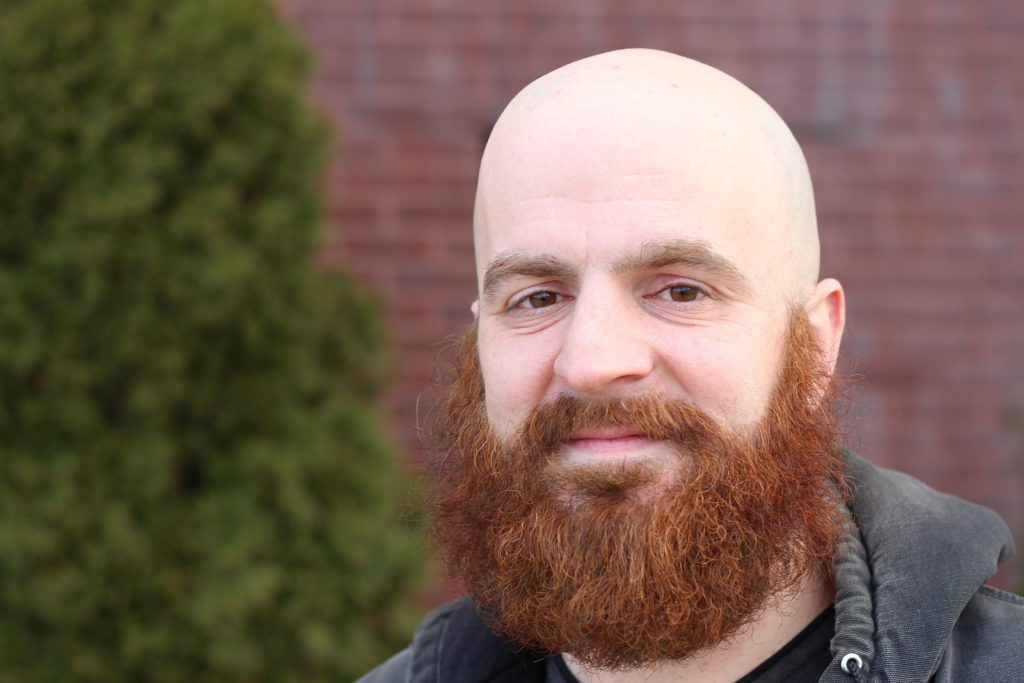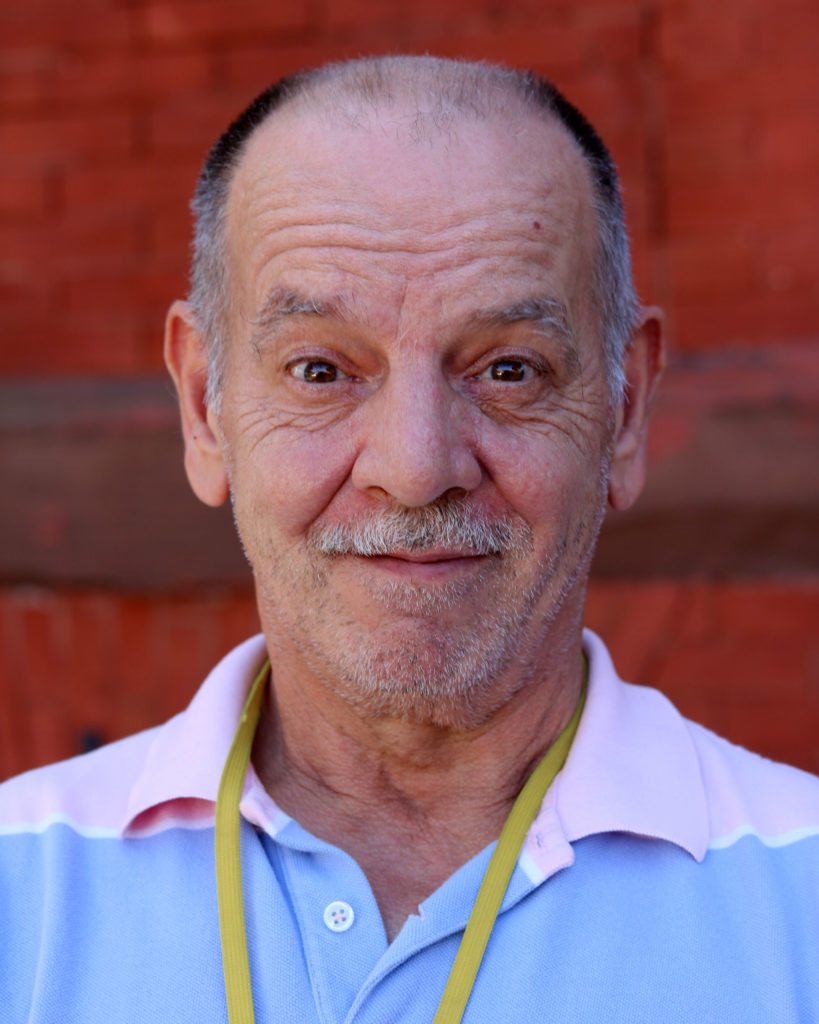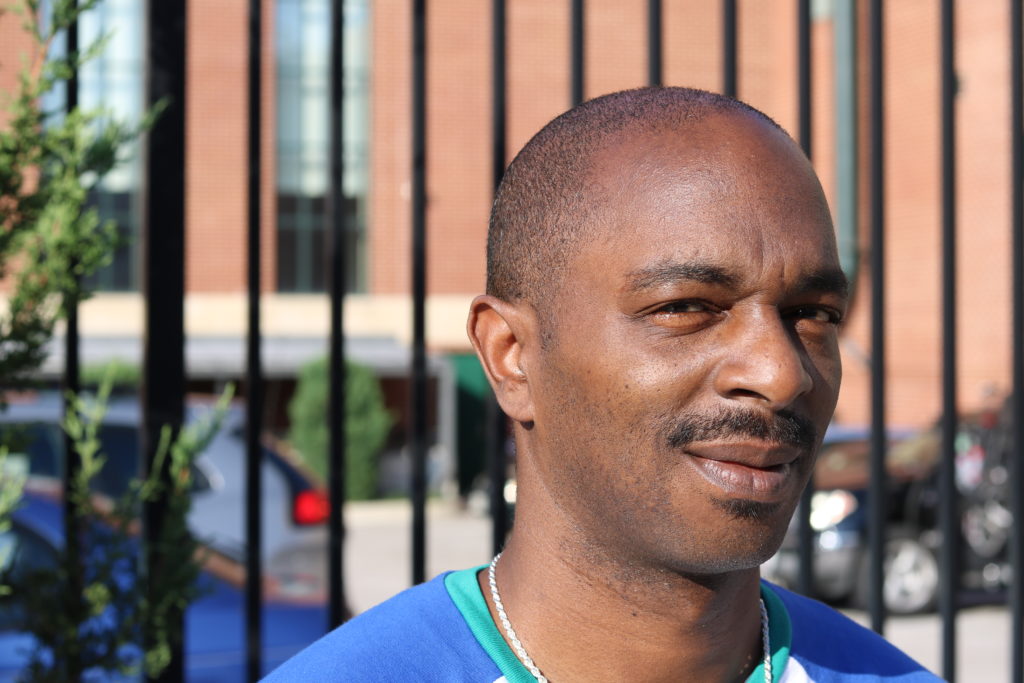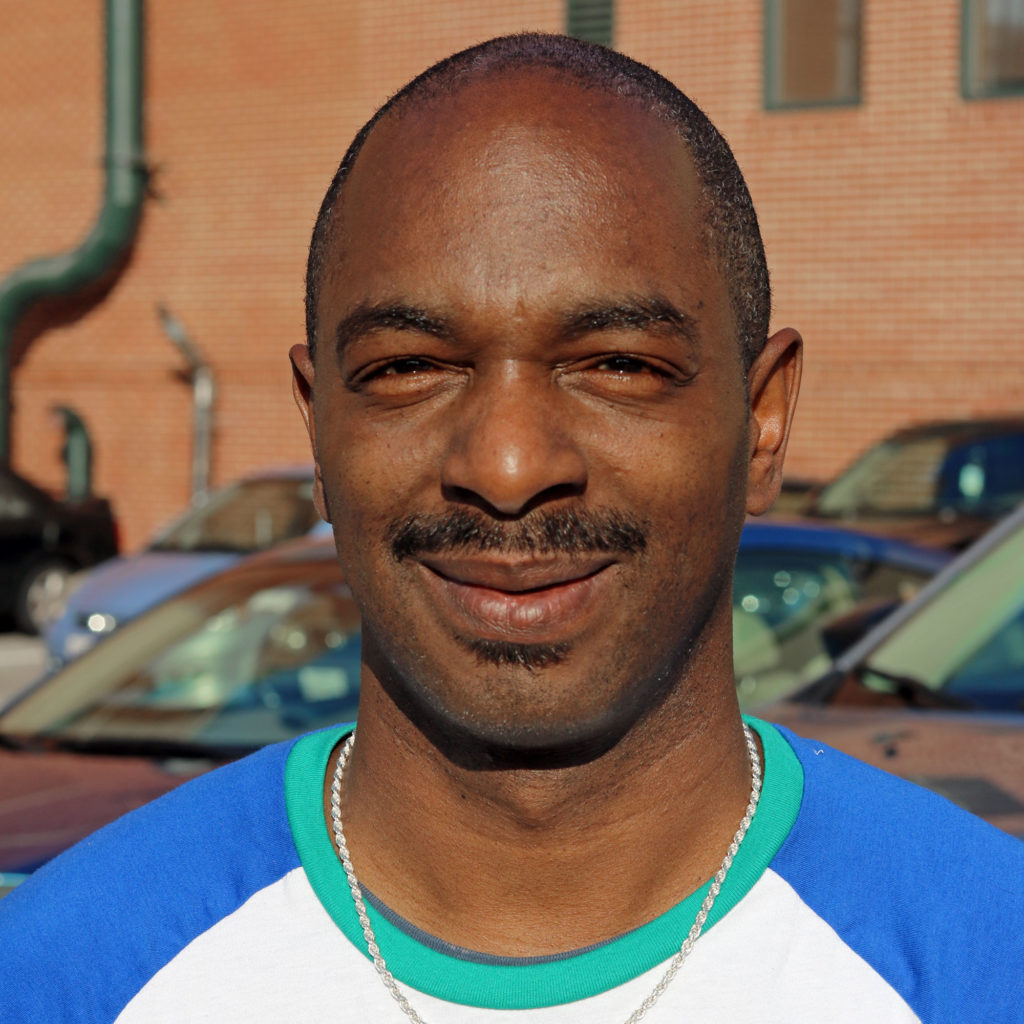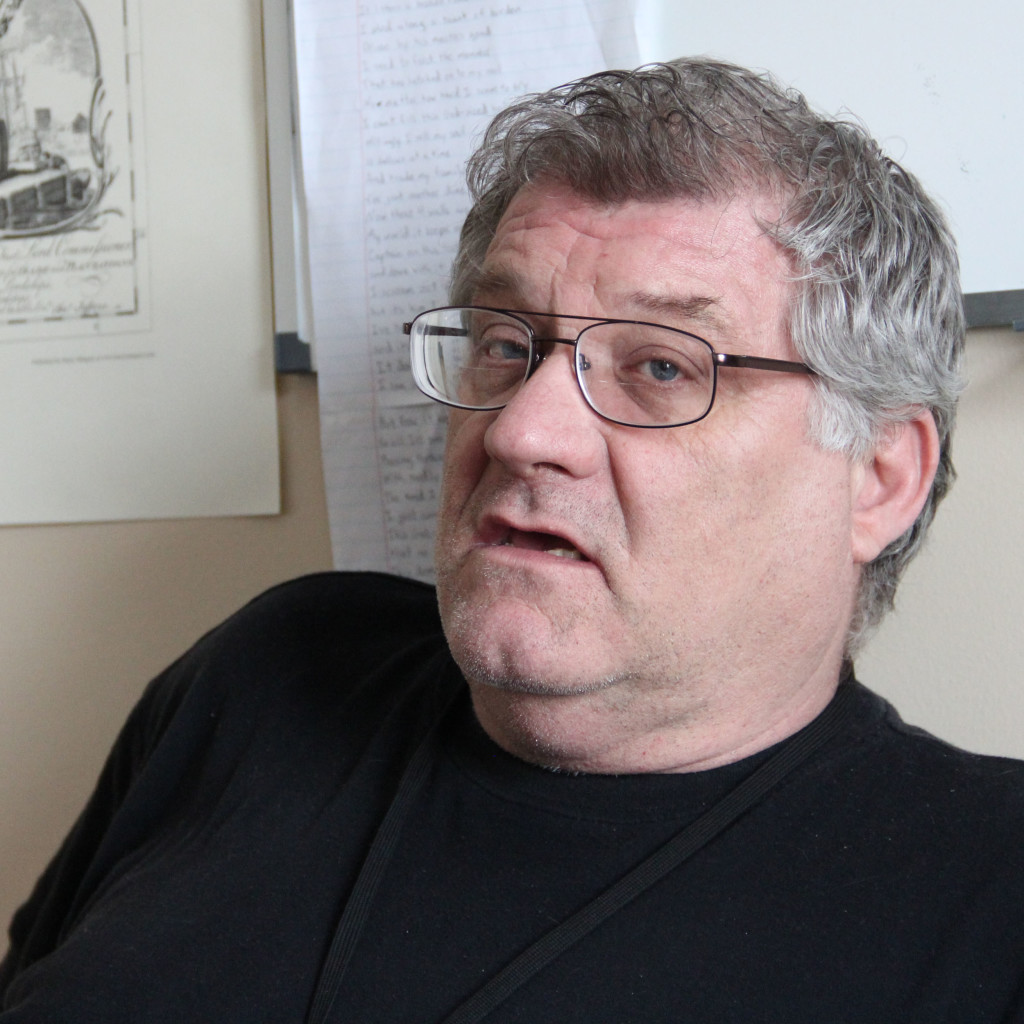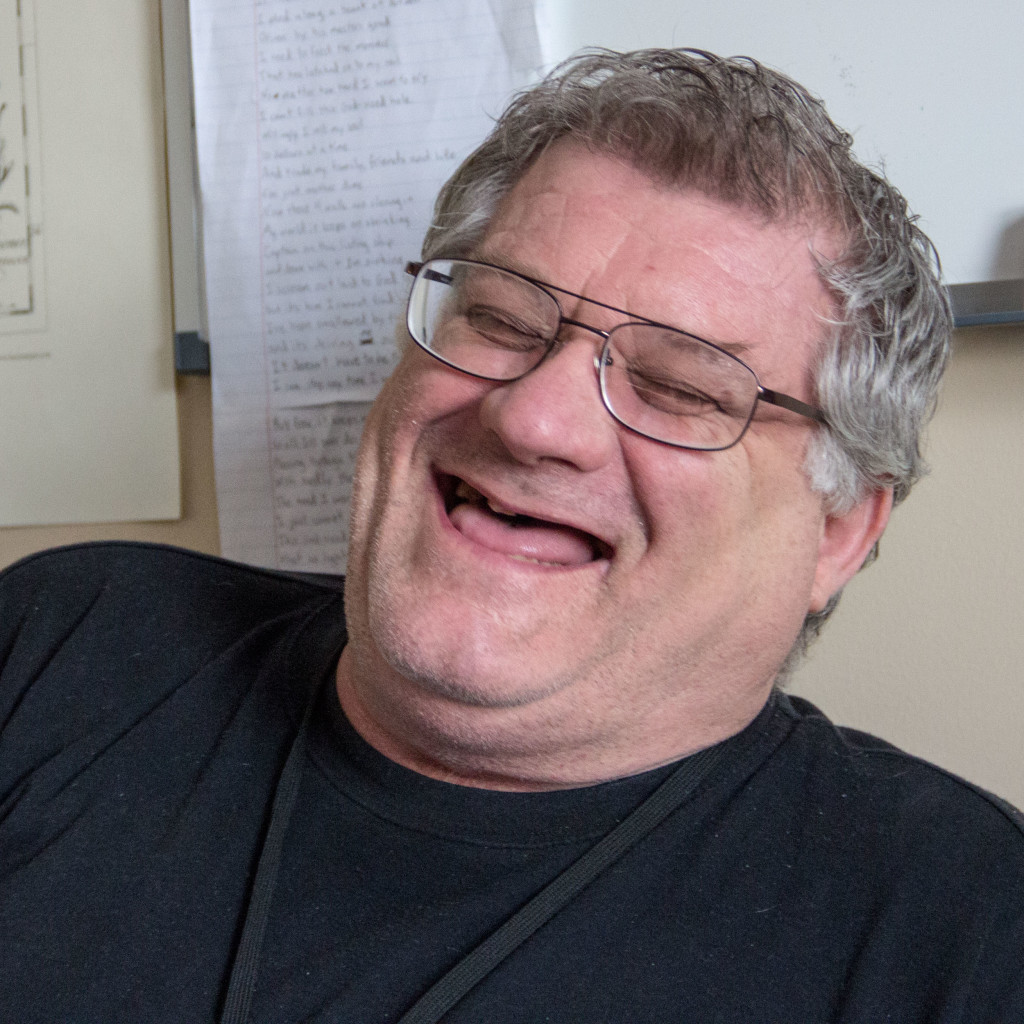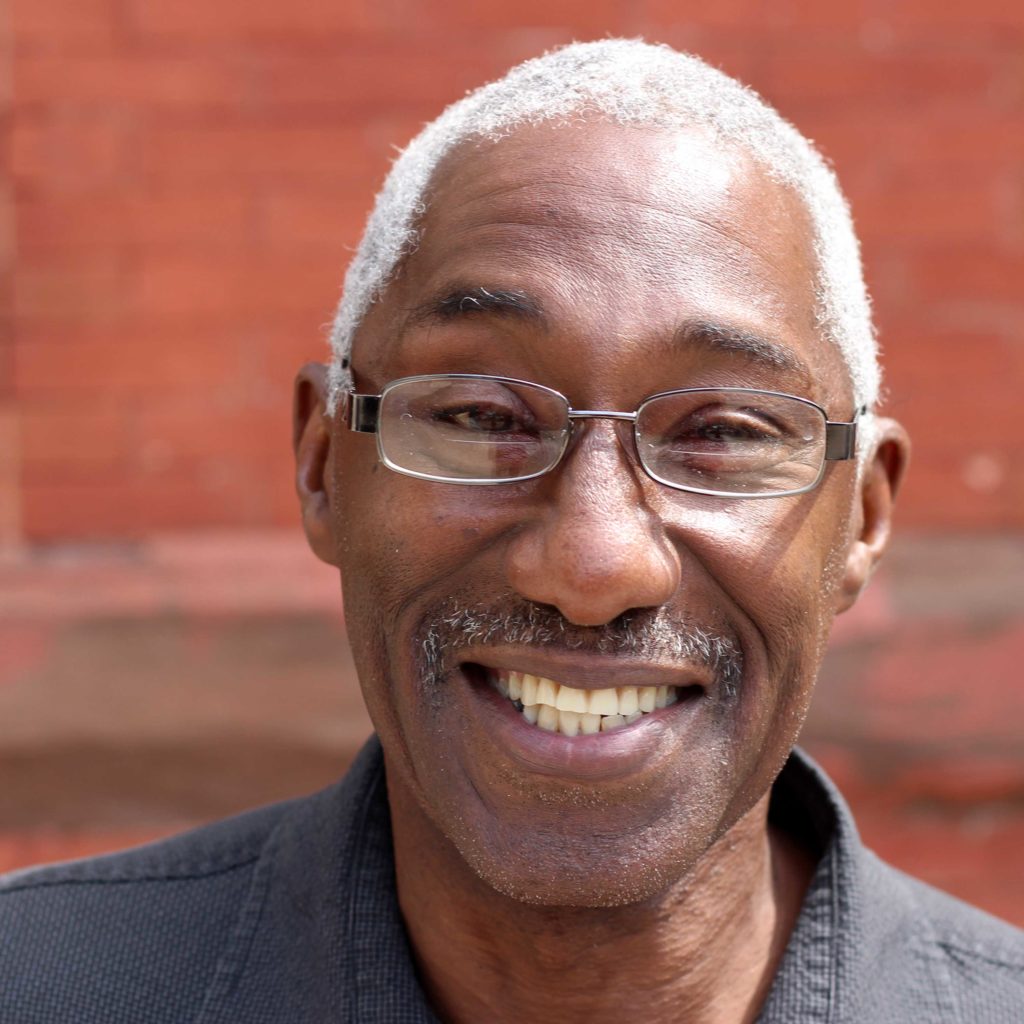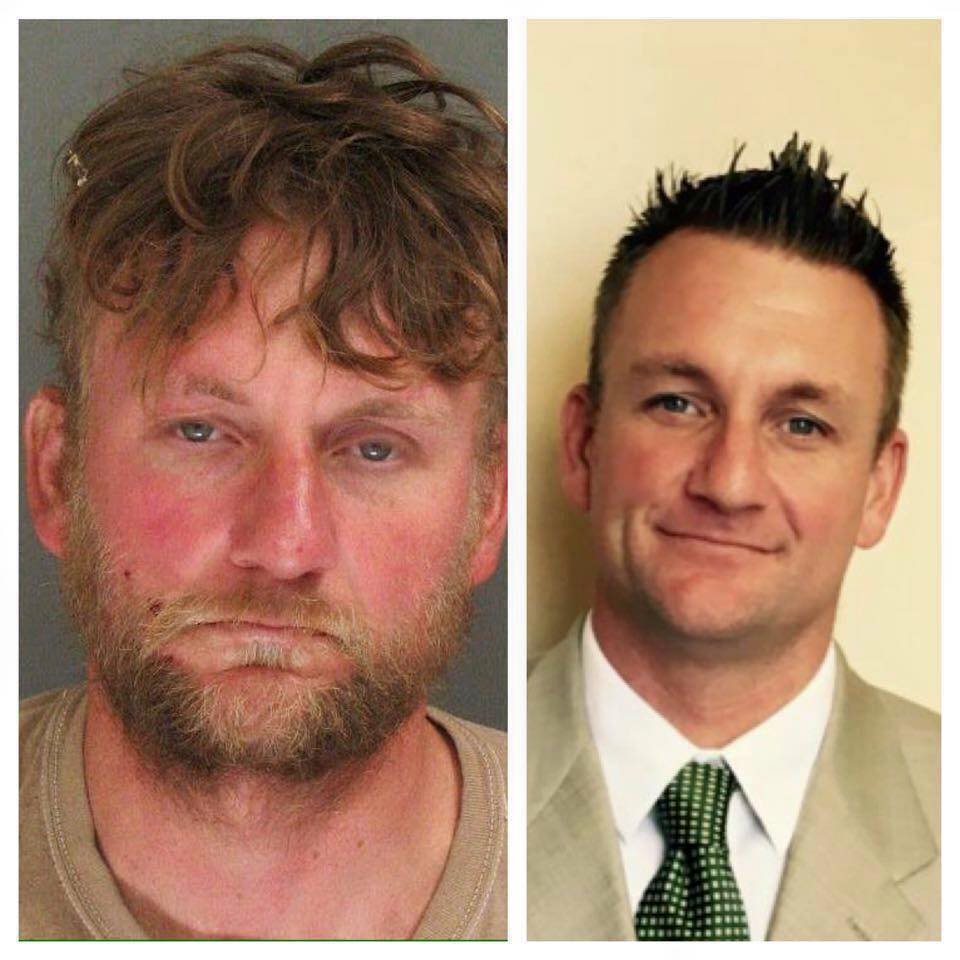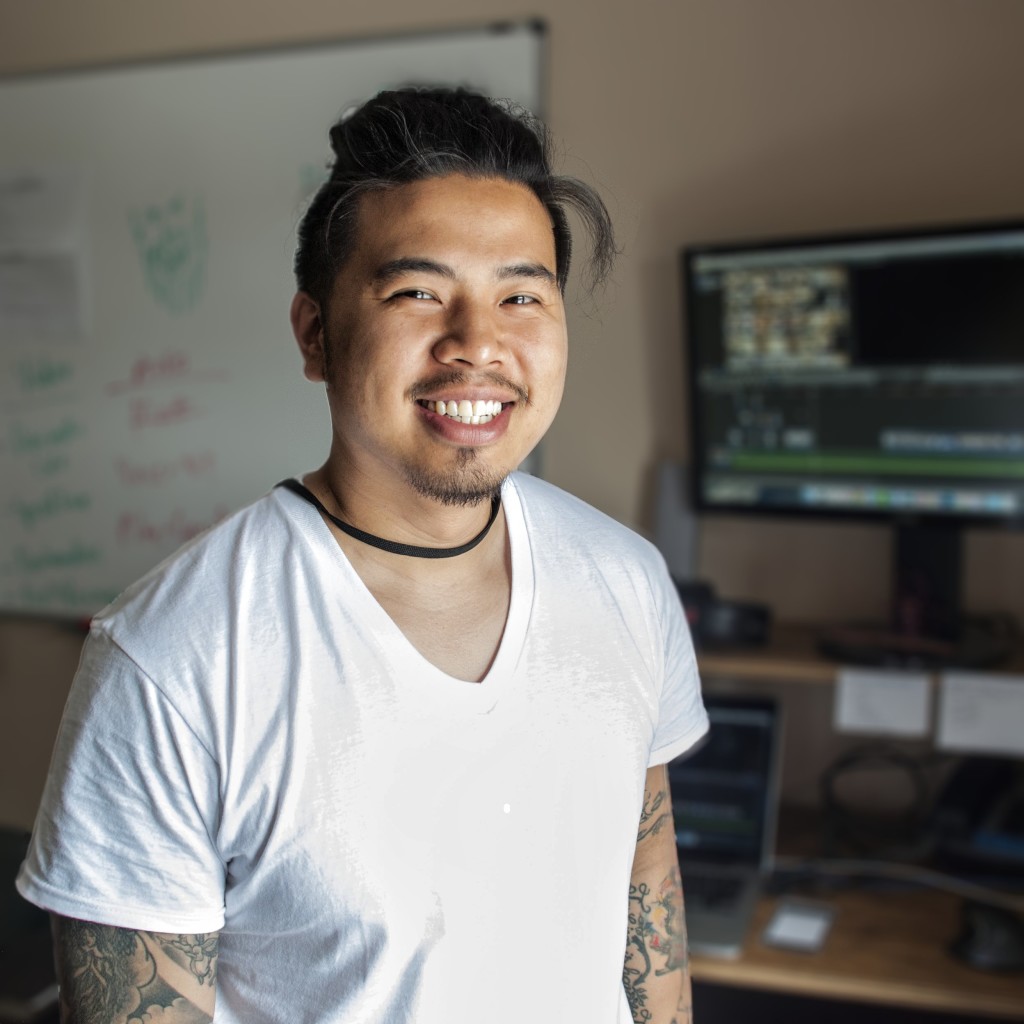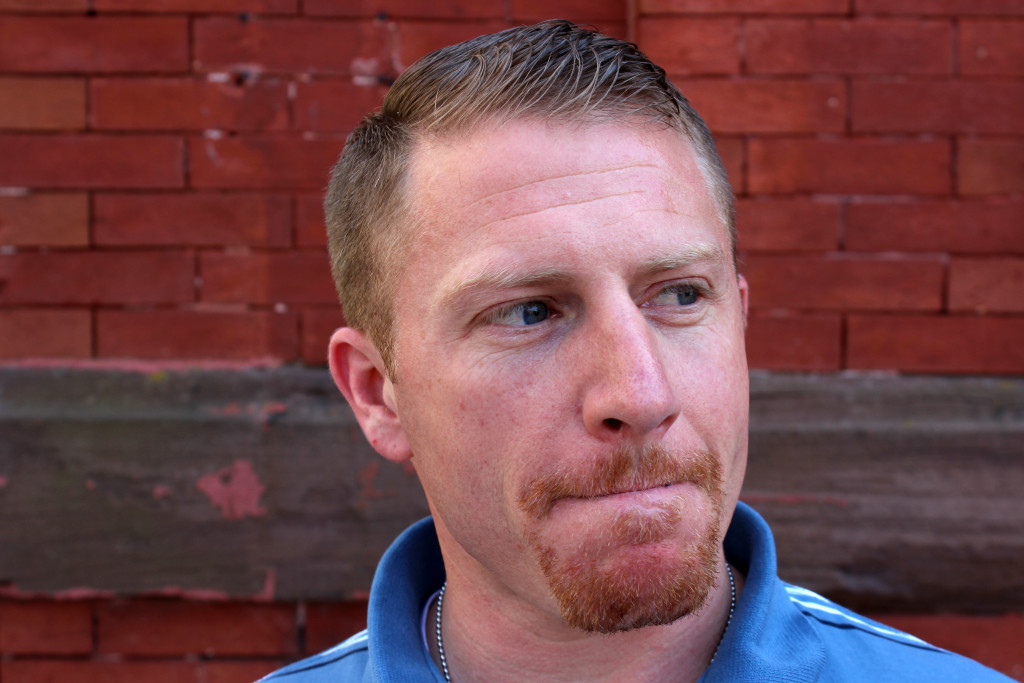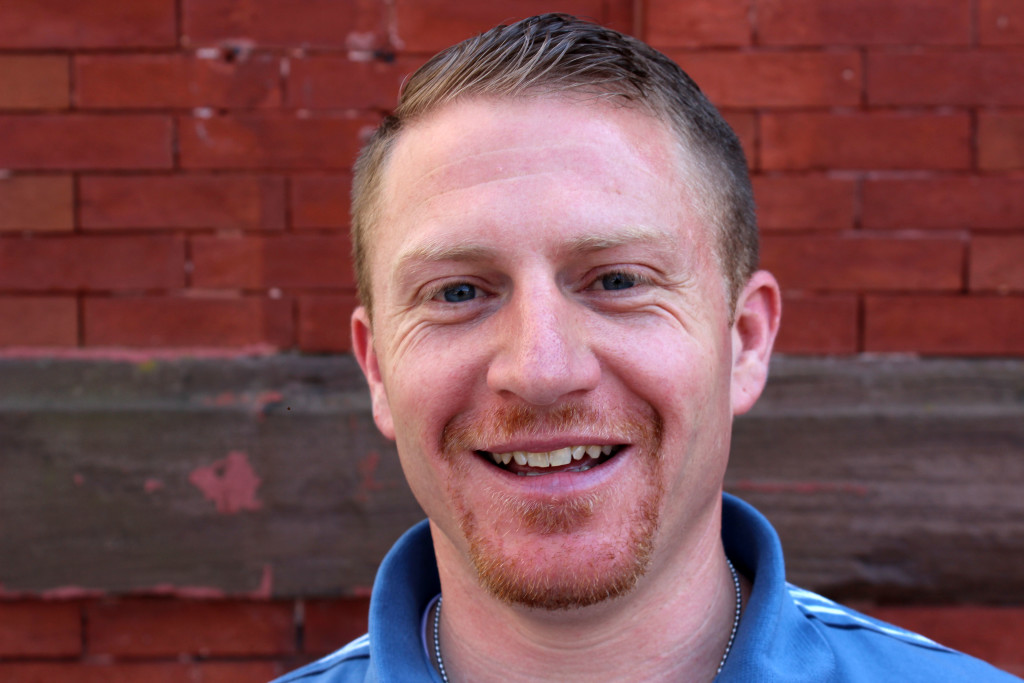Wes, 33 years old, was born and raised in Baltimore. His family sent him to an all male private high school to allow him to get a good education. “While I was there,” he explains, “I probably didn’t enjoy everything about it. But after graduating, I really appreciate having the opportunity to go somewhere like that.” However, while in high school, Wes started gained access and started using substances, like Ritalin and Aderall – taking prescription medication for Attention Deficit Disorder, even though he was not diagnosed with ADD. From there, he moved onto other drugs, including marijuana, hallucinogens, and OxyContin.
Wes graduated high school and moved on to Towson University, where his addiction intensified. He was eventually expelled for selling marijuana from his dorm room. For several years Wes worked dead-end jobs in order to support his habit. Then he started selling again. “I kind of felt like it made people need me in their lives,” he explains. “I always had trouble making friends on my own, so I figured…if I sell addictive substances, they’ve gotta be my friend.”
Eventually his house was raided, he was arrested, and he moved back in with mom. At that point, Wes knew he was on a downward spiral. He was only twenty-eight years old. Wes was going through what he called “spiritual decay and just feeling tired with life.” At this point he knew, “I had nothing to sell; I had nothing to give; I was just really taking everything… trying to fill the void inside with drugs.”
Wes went back to Towson University, managing to get good grades despite continued drug use, and earned his degree in Environmental Science. But even after earning his degree, he getting dead-end jobs, staying up all night using and sleeping all day. He thought it was the chemicals that caused the schedule, but since he has been at HUM he has realized: “It was really a lot of self-image and self-esteem issues, being ashamed of showing my face outside in public. I didn’t want to see the light of day, or the ‘normal’ people going about their business.”
Thanks to you… Wes is gaining confidence to live as the man he was created to be!
At one point, Wes went to ask his mother for money. She suggested he get some help, but Wes protested that he didn’t have insurance or any way to pay for a treatment program. But, his sister’s boyfriend had been to HUM and told him about it. Wes spent that night in his mother’s basement, thinking, and finally decided he was ready for something else. So at the age of thirty-two, he started his recovery journey at HUM.
When he first arrived, Wes was in a fog, but was ready to surrender. He was surprised that everyone seemed friendly and willing to help him. It took a while to settle in, though, because he was used to the schedule of sleeping during the day and staying up at night.
At about four months, Wes started to acclimate to recovery. “Making regular class attendance, grudgingly waking up for work therapy, and at least trying to do the best I could do” are all things he says have helped. “It really has gotten easier. As somebody who would go to sleep before the birds wake up, my work therapy [has me] wake up with the birds and go clean up cigarette butts on East Baltimore Street. I am out there dancing around with my music on, and I am having a blast.”
Besides his work therapy, Wes suggests that other aspects of life at HUM have really helped, especially the sense of community. “I’ve never experienced anything like it,” he says. During his time here, Wes has also taken the opportunity to meet regularly with his mental health counselor. “The mental health coordination is great. I can be honest with my counselor, tell them whatever is going on with me inside.”
For Wes, one of the most meaningful parts of the HUM community has been the choir. It took him some time to gain the confidence to join, but once he did, Wes found he was in his element. “The people who sing in the choir get a lot out of it – finding some purpose – helping us to realize that we need to trust God and just do the best we can. I love getting up there. I have always been an introvert, and never thought my skills would be enough to be on a showcase. But, I love getting up there and showing off my moves.” Through the choir, Wes has had some additional leadership opportunities which have been personally affirming. It has been an encouragement to Wes to realize that “people see more in me than I can see in myself sometimes.”
Wes graduates in a few months, and he is waiting on God as he discerns the best way to move forward. Wes is thrilled to have a better relationship with his family. Where he used to be a hindrance, he is now a help. His self-image issues have come a long way, and he is learning new ways to live in confidence and freedom. While he would eventually like to work in his field of study – Environmental Science – Wes is not anxious. “I can take this time, figure out what is best for me, and set things in motion.” He knows that God will make a way for him.
What does Wes think of HUM? “It saved my life, and I think it can work wonders in anyone’s life, even if they don’t think it can.” To all friends and supporters of Helping Up Mission, he has this to say: “Thanks for showing me that God loves me!”
